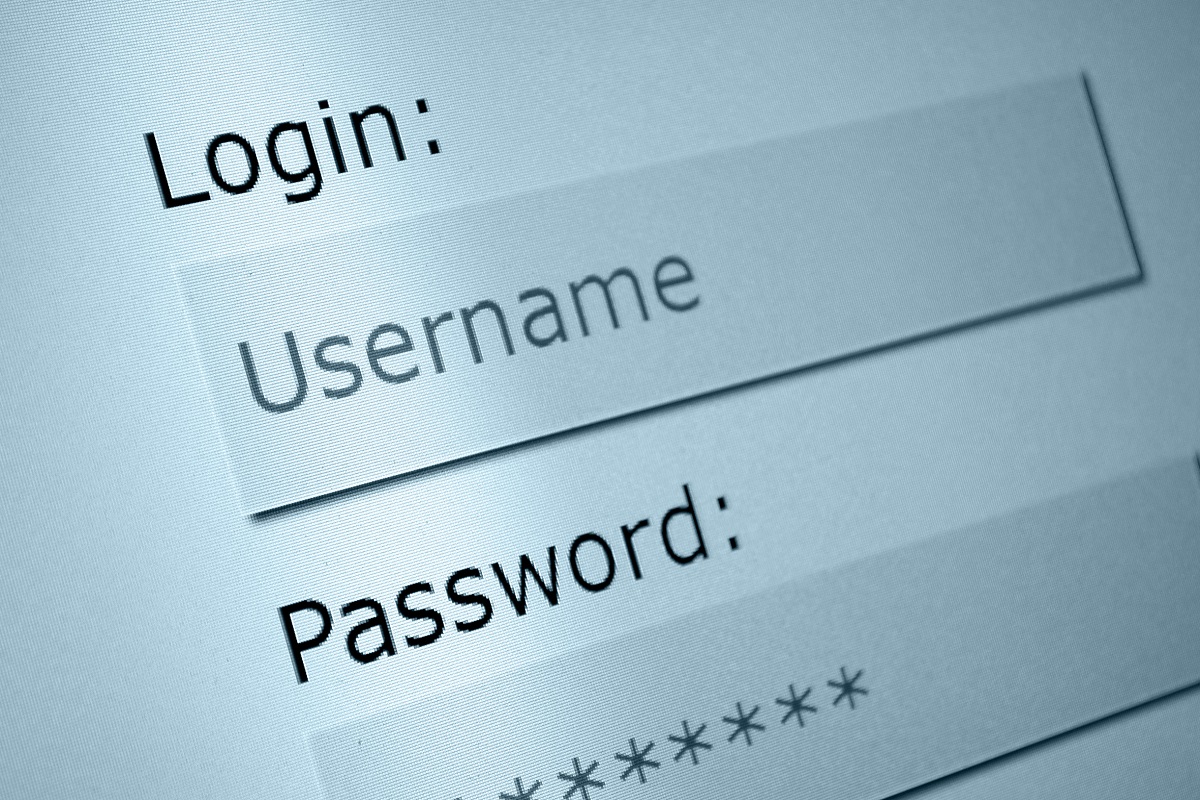Thousands of Demon passwords exposed by error
Demon Internet has confirmed that a rogue Excel spreadsheet attachment exposed thousands of customer details.

Demon Internet has suffered an embarrassing data protection failure, after an email sent to customers attached a spreadsheet with the personal details of more than 3,600 customers.
Demon, which serves both homes and businesses, confirmed that the customer information of a number of customers signed up to Demon's new paperless billing platform had been circulated, in error, as an email attachment.
Sister site PC Pro said it contained the full name of the customers, email addresses, telephone numbers and the names of the customers' businesses, with police forces and NHS trusts among the email addresses listed.
In a statement from Demon Internet's parent company Thus, the incident was blamed on "human error", but it was made clear that the spreadsheet did not contain any financial or payment information.
"On discovery, Demon took immediate steps to secure the information and security of customers affected, by changing all affected customer usernames and passwords," the statement read.
"We can confirm categorically that no customer accounts were accessed inappropriately during this time," it added.
The company apologised and said it would review all processes and procedures to ensure that the incident wouldn't be repeated.
Sign up today and you will receive a free copy of our Future Focus 2025 report - the leading guidance on AI, cybersecurity and other IT challenges as per 700+ senior executives
-
 Thousands of exposed civil servant passwords are up for grabs online
Thousands of exposed civil servant passwords are up for grabs onlineNews While the password security failures are concerning, they pale in comparison to other nations
-
 Gen Z has a cyber hygiene problem
Gen Z has a cyber hygiene problemNews A new survey shows Gen Z is far less concerned about cybersecurity than older generations
-
 Passwords are a problem: why device-bound passkeys can be the future of secure authentication
Passwords are a problem: why device-bound passkeys can be the future of secure authenticationIndustry insights AI-driven cyberthreats demand a passwordless future…
-
 LastPass just launched a tool to help security teams keep tabs on shadow IT risks
LastPass just launched a tool to help security teams keep tabs on shadow IT risksNews Companies need to know what apps their employees are using, so LastPass made a browser extension to help
-
 The NCSC wants you to start using password managers and passkeys – here’s how to choose the best options
The NCSC wants you to start using password managers and passkeys – here’s how to choose the best optionsNews New guidance from the NCSC recommends using passkeys and password managers – but how can you choose the best option? ITPro has you covered.
-
 I love magic links – why aren’t more services using them?
I love magic links – why aren’t more services using them?Opinion Using magic links instead of passwords is safe and easy but they’re still infuriatingly underused by businesses
-
 Password management startup Passbolt secures $8 million to shake up credential security
Password management startup Passbolt secures $8 million to shake up credential securityNews Password management startup Passbolt has secured $8 million in funding as part of a Series A investment round.
-
 LastPass breach comes back to haunt users as hackers steal $12 million in cryptocurrency
LastPass breach comes back to haunt users as hackers steal $12 million in cryptocurrencyNews The hackers behind the LastPass breach are on a rampage two years after their initial attack

